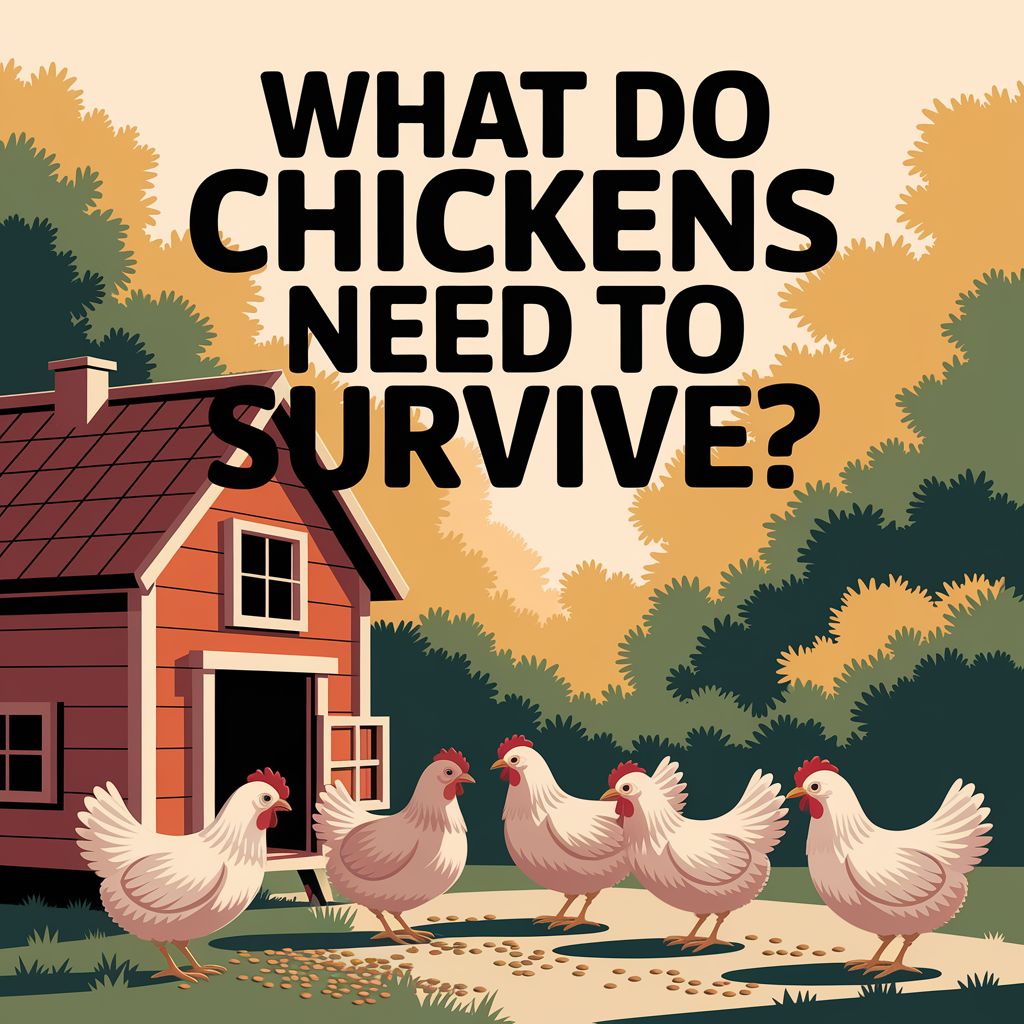
So…What Do Chickens Need to Survive?
When I first started raising chickens, I had no idea how many little details mattered just to keep them healthy — let alone happy. If you’re wondering what do chickens need to survive, you’re not alone. From food and shelter to protection from predators, chickens rely on a handful of key things to stay safe, productive, and thriving.
If you’re just getting started (or troubleshooting a struggling flock), this guide breaks down everything your chickens absolutely must have to survive — no fluff, just the essentials.
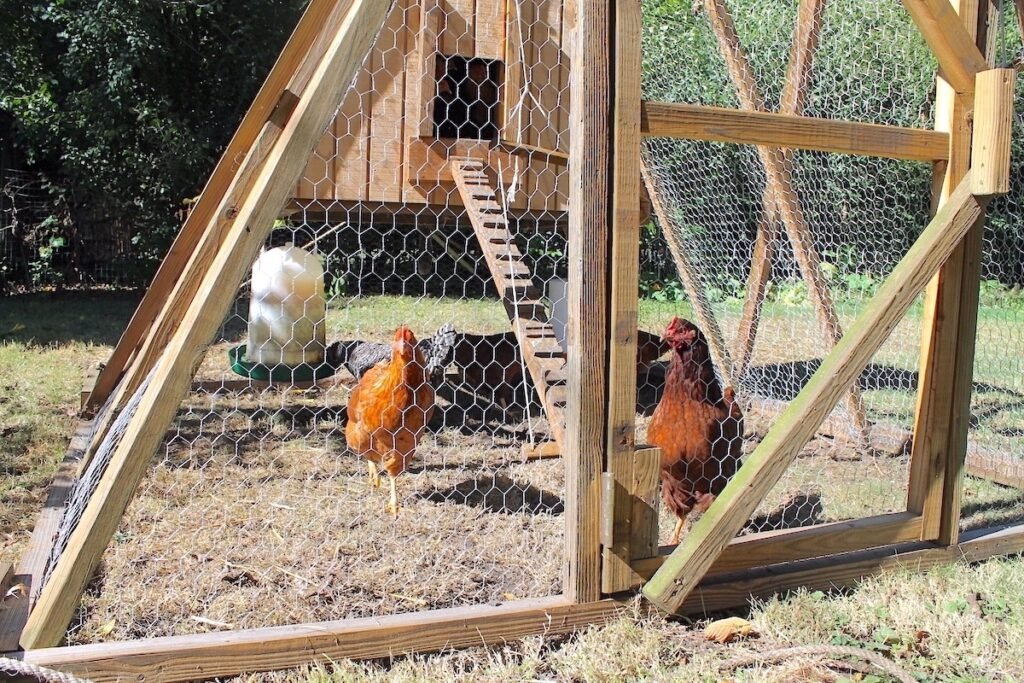
A Safe, Draft-Free Coop
Chickens need more than just a roof over their heads. They need a well-ventilated, predator-proof coop that protects them from the elements and from raccoons, snakes, and other predators that would love a midnight snack.
What matters most in a coop?
- Good ventilation (without cold drafts)
- Predator-proofing with latches and wire
- Dry floors (no mud or standing water)
- Roosting bars for nighttime comfort
If your chickens are laying eggs all over the place or seem stressed, you might need to rethink your coop layout. Here’s the nesting box setup I finally got right — it made all the difference.
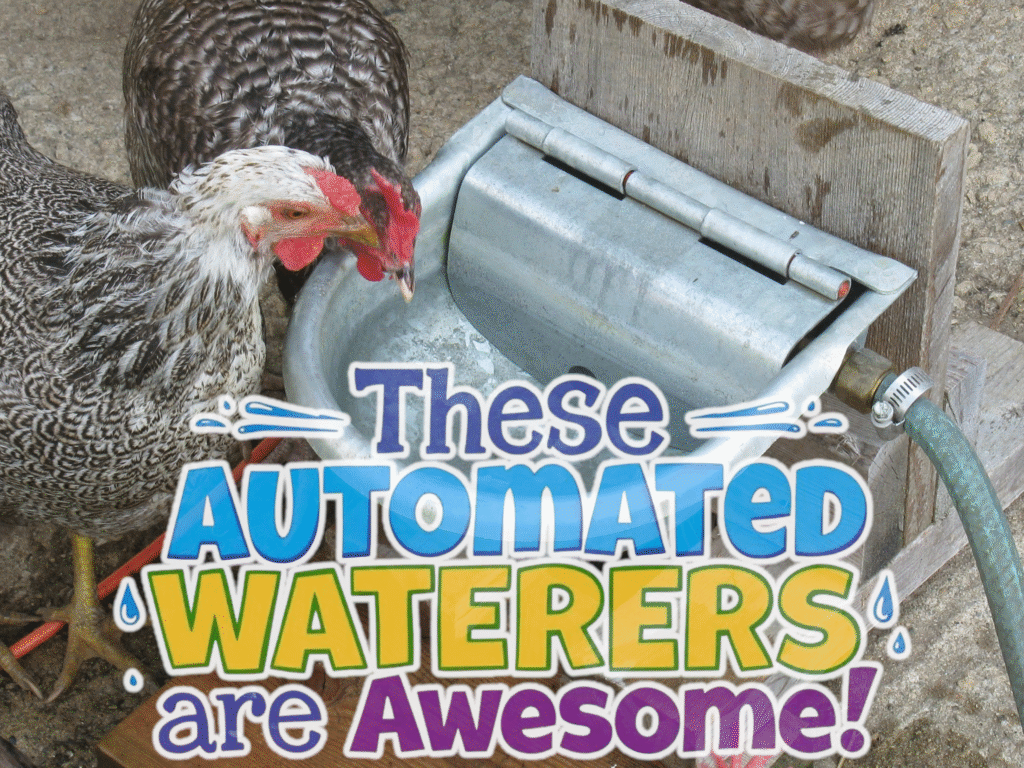
Access to Clean, Fresh Water (Even in Winter)
Chickens can’t go long without water, especially in summer heat or dry winter air. But here’s the kicker — they won’t drink dirty water. That means you’ve got to change it often, scrub the container regularly, and in cold areas, keep it from freezing.
I personally use a heated water bowl during the cold Missouri winters — otherwise I’d be chipping ice every morning. Here’s the one that’s saved me every year:
The Heated Water Bowl That Saves My Chickens Every Winter
Make sure your water setup:
- Is easy to clean
- Doesn’t freeze (or overheat)
- Can’t be knocked over
- Isn’t full of algae (here’s how I stopped algae buildup naturally)
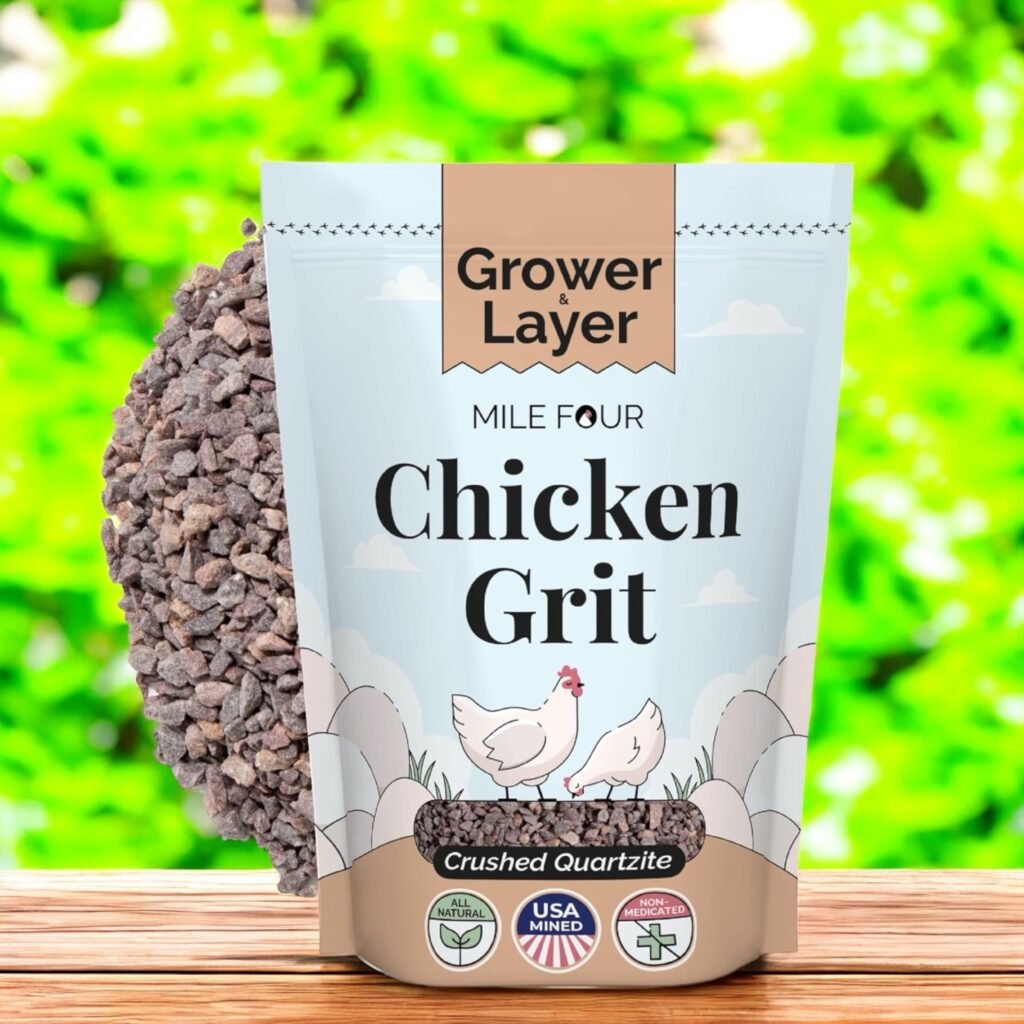
Nutritional Feed (Not Just Kitchen Scraps)
Sure, chickens love the occasional treat — but if you’re just tossing them your leftover salad and thinking that’s enough, you’re setting them up for problems. Chickens need balanced, age-appropriate feed with the right mix of protein, calcium, and other nutrients to grow strong and lay eggs consistently.
Key essentials in their diet:
- Starter feed for chicks (higher protein)
- Grower feed for pullets
- Layer feed for hens (includes calcium)
- Grit to help with digestion
(Yes, chickens need grit — especially if they’re eating anything other than commercial feed)
I also occasionally boost their diet with natural protein like Manna Pro Beetle Bliss — it’s a blend of mealworms and beetles that they go crazy for and it helps during molting season too.

Predator Protection (Because Everything Wants a Chicken Dinner)
If you’ve never had a predator attack, trust me — it’s not if, it’s when. Chickens are easy prey, and they need protection both day and night. Foxes, raccoons, hawks, snakes, neighborhood dogs — you name it.
How to protect your flock:
- Secure your coop at night with locking doors and latches
- Bury hardware cloth at least 12” underground around the run
- Use a covered run to protect from aerial attacks
- Install motion lights or solar predator eyes to deter nighttime intruders
A lot of folks ask why their chickens stop laying eggs, and stress from predators is one huge cause. If you’re noticing that — check out my post on why chickens stop laying and how I fixed it for help.

Grit and Calcium: The Overlooked Essentials
It’s not just about feed — grit and calcium are two survival essentials many new chicken owners overlook.
Grit acts like a set of internal teeth. Chickens don’t have molars to chew their food, so they swallow small stones (grit) that help grind food down in their gizzard. If they free range, they may find enough naturally. But if they’re mostly in a run or coop, they need grit like this one added to their diet.
Calcium is a whole different need, especially for laying hens. Without it, their eggshells can become paper-thin or completely shell-less, which isn’t just gross—it’s dangerous for the hen too. I started offering oyster shell on the side and instantly saw a difference in shell strength.
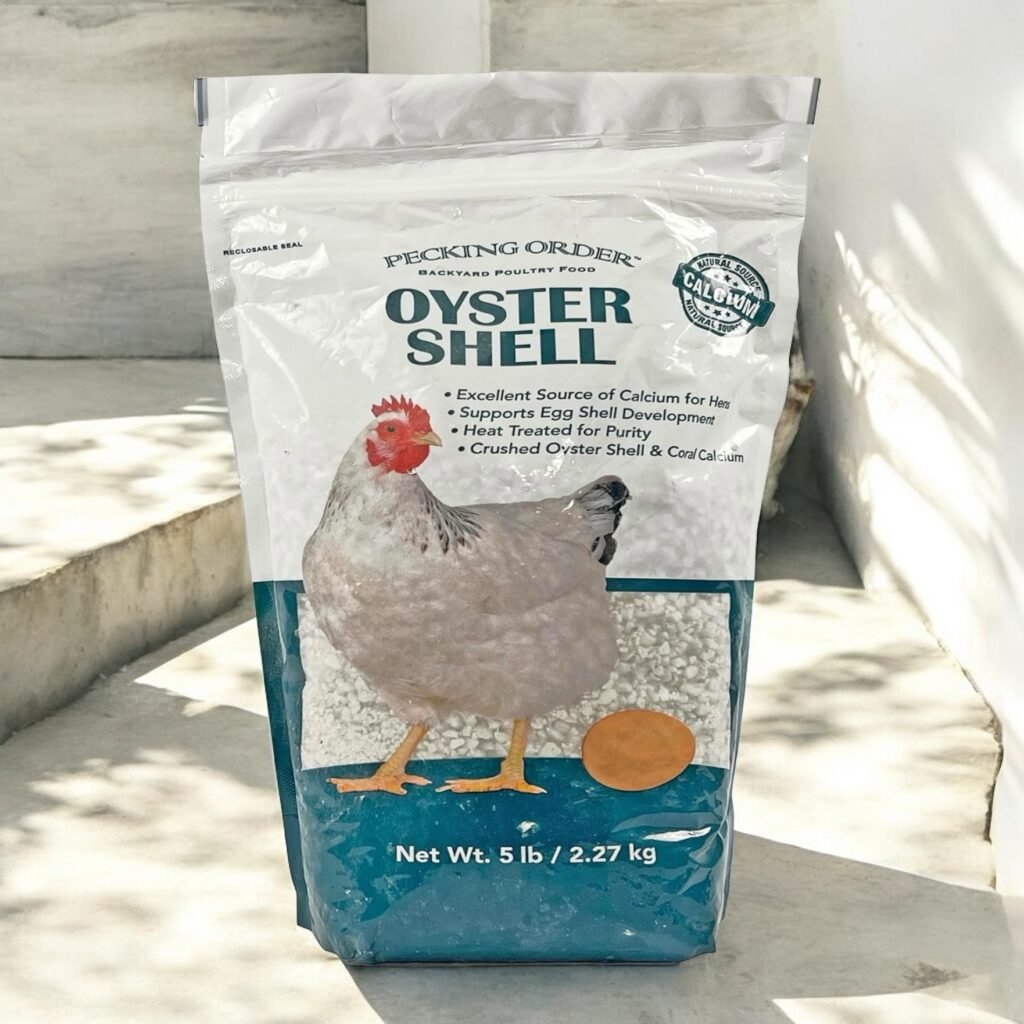
Fresh Air, Dry Bedding, and Room to Roam
No one thrives in tight, smelly quarters — not even chickens. Ventilation, space, and cleanliness are non-negotiables when it comes to survival and flock health.
Here’s what I’ve learned the hard way:
- Good airflow in the coop prevents respiratory disease (ammonia builds up FAST)
- Dry bedding like pine shavings or straw keeps moisture and bacteria down
- Space matters — at least 3–4 sq ft per bird in the coop and 8–10 sq ft outside
- Letting them free-range when safe gives them access to bugs, sunshine, and sanity
Free-ranging also keeps boredom (and bullying) to a minimum. If you haven’t seen it yet, check out my top benefits of free-ranging — it’s one of the best things I ever did for my birds.

Nesting Boxes: More Than Just a Nice-to-Have
When your hens are ready to lay, they need a safe, quiet, and comfy spot to do it. Nesting boxes aren’t just about collecting clean eggs — they’re about creating a habit.
Here’s what I learned over time:
- One nesting box for every 3–4 hens is ideal (or else, they all fight over one box)
- Keep them clean and filled with soft bedding like straw or pine shavings
- Use ceramic eggs or dummy eggs to train them to lay in the right spot — I can’t tell you how many headaches these little tools have saved me. I reviewed the ones I use here 👉 Ceramic Eggs for Chickens
Want to stop them from pooping in the nesting boxes? There’s a whole guide for that now:
👉 How to Stop Chickens from Pooping in Nesting Boxes

Heated Waterers for Cold Winters
Cold weather can sneak up fast — and frozen water bowls are one of the biggest winter survival issues for backyard chickens. If your birds can’t access water, it can lead to dehydration and stop their egg-laying completely.
After trying all sorts of DIY tricks, I found one product that actually works:
👉 This heated water bowl changed everything for me. It’s technically for dogs, but it works like a charm for chickens too. No freezing, no cords chewed, and easy to clean.
Don’t forget, winter brings other challenges too — including whether or not you should even heat your coop. That’s covered in this helpful read:
👉 Do Chickens Need Heat in the Winter?
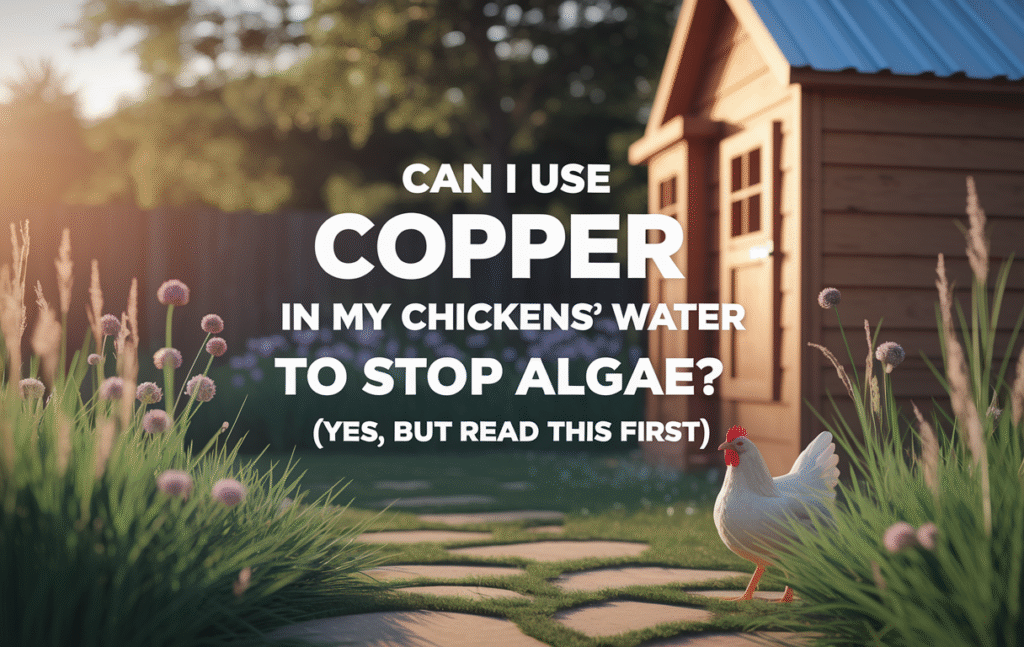
The Ultimate Survival Checklist for Chicken Owners
Before we wrap up, here’s a no-nonsense survival list I wish someone handed me when I started raising chickens:
- Quality feed (starter, grower, layer — based on age)
- Fresh water daily (heated in winter)
- Shelter from weather and predators
- Proper coop ventilation and dry bedding
- Oyster shell and grit supplements
- Nesting boxes with clean bedding
- Outdoor space for scratching and roaming
- Cleanliness — poop scooping matters!
- Enrichment: dust baths, perches, and treats
- A little patience and a lot of observation
You don’t need to spend a fortune, but knowing what chickens truly need to survive saves you time, stress, and money down the road.
As an Amazon Associate we earn from qualifying purchases through some links in our articles.

